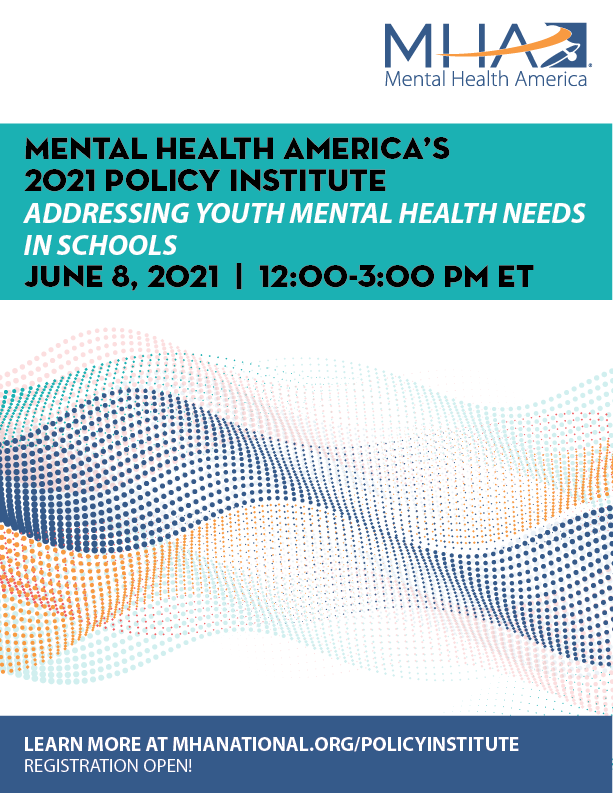The COVID-19 pandemic has negatively affected people who use drugs through major disruptions in substance supply and increased risk of relapses and overdoses.
COVID-19 pandemic
Research Snapshot: The negative impacts of COVID-19 on people who use drugs in Canada Forum topic
Mental Health & Addictions North COVID-19 Innovations: Transitions in Care - Enhanced Community Pathways for ED Diversion Forum topic

The Challenge:
COVID-19's Impact on Youth Gambling and Gaming - YMCA Webinar Events
Has COVID-19 affected youth gambling behavior? Are youth using video games differently during the pandemic? Given current restrictions how does a program effectively discuss gambling awareness with youth?
MHCC's New Resources to Dismantle Structural Stigma | Nouvelles ressources pour lutter contre la stigmatisation structurelle Forum topic
|
OASW Learning Centre: COVID-19 Vaccination: Building Vaccine Confidence Using UpShot - Free to RSWs & RSSWs in Ontario Events
COVID-19 Vaccination: Building Vaccine Confidence Using UpShot
Presented by: Dr. Shelley Craig, PhD, RSW, LCSW, Dr. Barbara Fallon, PhD, & Dr. Kate Allan, PhD, MSW, RSW
July 23, 2021 @11:00am-12:30pm EST
Research Snapshot: The impacts of the COVID-19 pandemic on family mental health in Canada Forum topic
Check out this new Research Snapshot!
The impacts of the COVID-19 pandemic on family mental health in Canada
Here is a sneak peek:
covid impact survey Forum topic
Hi everyone. Although we appear to be emerging from COVID (finally), I'm still interested in collecting your experiences about adapting to COVID during the pandemic. This was mainly aimed at people who deal with behavioral addictions, but other voices would be of interest to... in addtion to survey questions, there are comment sections where you can express your views..
Research and knowledge exchange opportunity
Dear EENet Connect members:
EHN Canada Exclusive Webinar: Supporting Healthcare Workers - Minding Your Mental Health Events
You’re invited for our next educational webinar:
Supporting Healthcare Workers: Minding Your Mental Health
With Sandeep Marwaha, MSc. OT, OT Reg. (Ont.), Bellwood Health Services
And Jennifer Maddan, Registered Psychotherapist, Gateway Recovery Centre
And Ian Rabb, Regional Director of Business Development, EHN Canada
2-Hour Program:
Research Snapshot: Increased visits for postpartum mental illness during COVID-19 in Ontario Forum topic
Postpartum mental illness is a common problem that affects a mother’s ability to function, her interactions with her baby, and the well-being of families. Ontario researchers calculated the rate of postpartum mental health visits to primary care doctors and psychiatrists during the first nine months of the COVID-19 pandemic and compared these against expected rates based on patterns before the pandemic.
Use of asynchronous virtual mental health resources for COVID-19 pandemic–related stress Forum topic
Over the past few decades, there's been an increase in free, publicly available virtual mental health resources, including online programs and smartphone apps. This includes asynchronous virtual mental health (AVMH) resources, that is, online supports that do not involve direct contact with a mental health care provider in real time. AVMH resources play a critical role in helping people access mental health supports while following public health recommendations for physical distancing during the COVID-19 pandemic.
Research Snapshot: Students’ well-being, stress and mental health while returning to school during COVID-19 Forum topic
What you need to know
Students across Canada have faced many stressors throughout the COVID-19 pandemic. This includes health risks and concerns related to the virus, the psychological impact of school closures and shifting to virtual learning, and worries around returning to school in person. This paper shares the results from the first wave of a one-year study that looked at the well-being of students 12 to 18-years-old in Alberta, during the first few weeks after returning to school in the fall of 2020.
Housing First Europe Hub Webinar - Let's keep the good stuff! Lessons from Covid19 policies and the importance of Housing First-led homeless responses Events
Dr. Nazilla Khanlou: Supporting the mental health of racialized women at risk of gender-based violence Forum topic
As the Women’s Health Research Chair in Mental Health for the Faculty of Health at York University, Dr. Nazilla Khanlou says gender-based violence didn’t start with the pandemic, but the pandemic has made it worse.
“The ripple effects are going to continue for a long time to come.” she says.
MindBeacon launches new Digital Alcohol Use Management Therapy Program in consultation with experts from the Centre for Addiction and Mental health Forum topic
New research on substance use during the pandemic suggests alcohol consumption among Canadians has increased since the onset of the pandemic with nearly a quarter (24 per cent) of Canadians reporting increased alcohol consumption (Statistics Canada).
CCSA infographic: Pandemic Stresses Having Greater Impact on Females in Households with Young Children / Les facteurs de stress liés à la pandémie affectent davantage les femmes de ménages avec de jeunes enfants Forum topic
Call for submissions - Public Health 2021 virtual conference Forum topic
Public Health 2021 is the national conference where public health professionals, researchers, policy-makers, academics, students and trainees come together to strengthen efforts to improve health and well-being, to share the latest research and information, to promote best practices and to advocate for public health issues and policies grounded in research.
The Steering Committee invites oral and poster abstracts, didactic symposia and interactive workshop submissions to be presented 6-8 October 2021.
Survey of professionals on a public health approach to substance use Forum topic
The Canadian Public Health Association is inviting public health, public safety, health and social service providers and other professionals and practitioners to participate in a short survey on substance use.
Your answers will help us to better understand your knowledge and perspectives of substance use, and topics you would like to learn more about. Your participation in this survey will support the creation of tools, resources and online learning modules to support the implementation of a public health approach to substance use in Canada.

